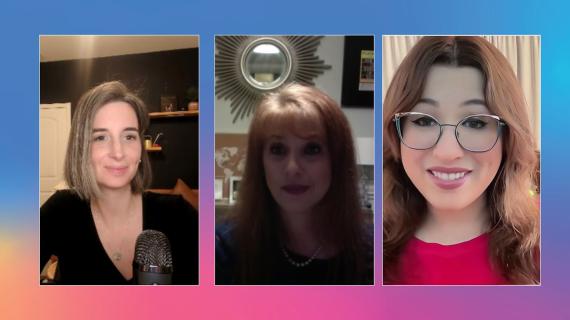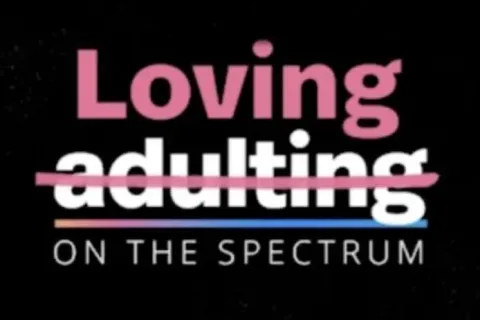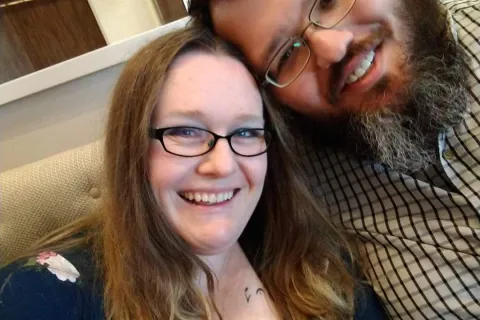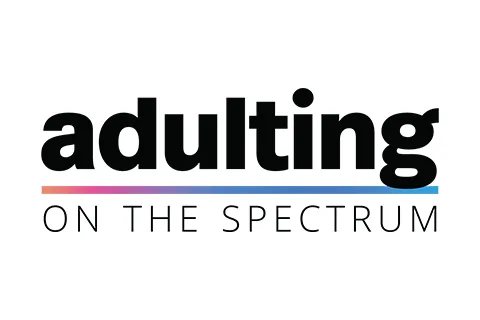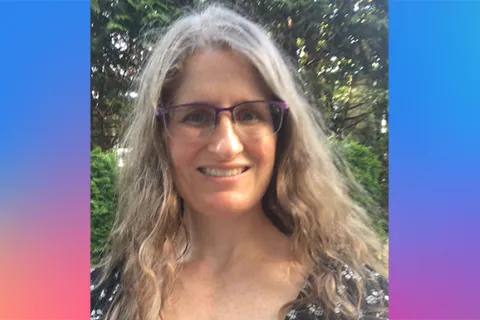Navigating Dating on the Spectrum - Expert Advice from ‘Love on the Spectrum’s’ Dani Bowman and Jennifer Cook
In the spirit of the season of love, coupled with the recent release of season two of Netflix’s Love on the Spectrum star Dani Bowman and autism expert & coach, Jennifer Cook, sat down with the host of Autism Speaks’ Adulting on the Spectrum podcast, Eileen Lamb, to discuss navigating love and dating on the spectrum.
Together, Dani, Jennifer and Eileen tackle the intricacies of intimacy, sharing tips, takeaways and lessons learned around relationships. Some of their key pieces of advice include:
Open Communication
Communication is key to every relationship. Whether that relationship stems from romance or friendship, or between a neurotypical or neurodiverse couple, everyone should feel empowered to voice what they need and how they feel.
Be Curious
Eileen, Dani and Jennifer believe that in addition to communication, you must stay curious and open to continue growing your relationship. That means not just asking general get-to-know-you questions but really learning what makes your partner tick. Continue to try new things together and find activities that you can both enjoy and might even challenge you out of your comfort zone a little.
Understanding Your Emotions
It is important to be able to differentiate between your feelings and your thoughts – and many individuals on the spectrum often have a hard time identifying and expressing what they are feeling. Jennifer shares that we as humans, often “observe, think, feel, do” and that while our thoughts are often skewed or mistaken, our feelings are never wrong. Our feelings are always worth exploring, and we should understand what makes us feel different ways.
You're No Responsible for Other People’s Behavior
Jennifer emphasizes that when dating, it is important not to take it personally when someone rejects another or distances themselves. Everyone deserves to be treated with respect and receive honest communication, but if someone “ghosts,” or drops out of touch, we need to not take it as an attack on ourselves, or as Jennifer says, “go down the chain of catastrophe.”
Rejection is Okay
Rejection happens all the time in love and life. Jennifer shares that to prepare ourselves for rejection or disappointment, we can surround ourselves with “seeing eye friends” who see us for who we are, at our best and our worst. Before an individual is ready to dive into a relationship, they need to know who they can rely on to tell them the truth and treat them fairly.
Eileen explains that understanding the perception of ourselves can be challenging, particularly as an individual on the spectrum. It’s important to not “overgeneralize rejection.” Individuals on the spectrum often struggle to understand how people perceive them – sometimes we present ourselves one way, but others perceive it differently.
Be Open-Minded
Dani shares that it’s best to go into a date without assuming this individual is “the one”. Instead, look at the date as the chance to meet a new friend; it’s not a bad thing or an attack on you if they aren’t interested. Eileen observes that a person who is “rejected” by someone on a date, may very well be loved by the next person they date. Additionally, Jennifer firmly believes that “nothing new happens if nothing new happens” – love won’t come knocking on your door and it is important to put yourself out there in order to meet people.
Discuss Intimacy
Working with Jennifer, Dani was able to grow the confidence she needed to have an open and honest conversation with her partner about intimacy to ensure they were on the same page. Within the autistic community, sexuality is not often addressed and can feel “taboo”, but Dani knew it was very important to her to discuss the topic in order to be her true, happy self. J. Eileen emphasizes that while many neurotypical adults find these intimate conversations uncomfortable, those on the spectrum often do not see discussions around sex as awkward, but rather equate it to addressing any other topic.
Establishing Boundaries
Dani shares that when approaching love, her lack of understanding of how to manage emotions became apparent, thus she learned the importance of clearly establishing boundaries from the outset. Even though implementing them can be challenging, it is essential to establish boundaries from the beginning for autistic individuals especially, as it can be easy to get carried away with emotions and actions.
As Dani emphasized throughout the season, consent is key and it is vital for everyone, on the spectrum or not, to feel empowered to say what they want and feel.
As a basic boundary, Dani recommends going on a handful of dates before expressing feelings. She also explains that a common challenge for people on the spectrum is rushing through levels of friendship and intimacy. While neurotypical people understand that a relationship isn’t built over night, those on the spectrum often struggle to understand this complexity.
To learn more about navigating love on the spectrum and hear more insights from Eileen, Dani and Jennifer, watch the full recording of the Adulting on the Spectrum episode.
Resources related to this Episode:

